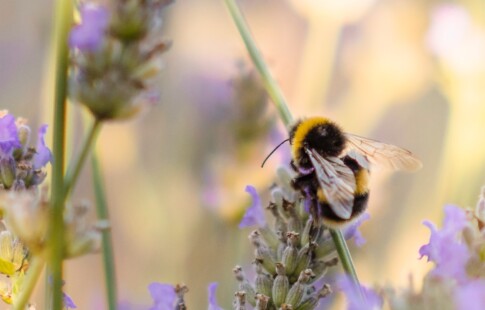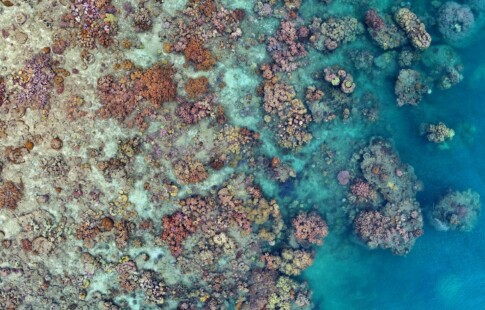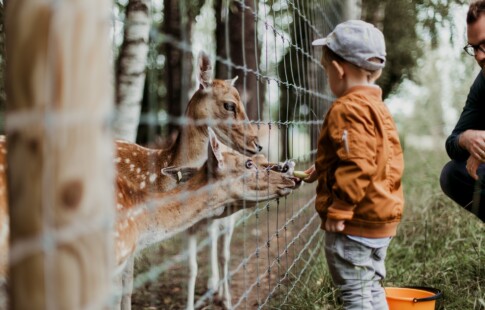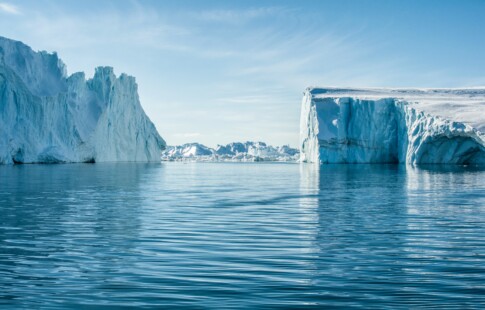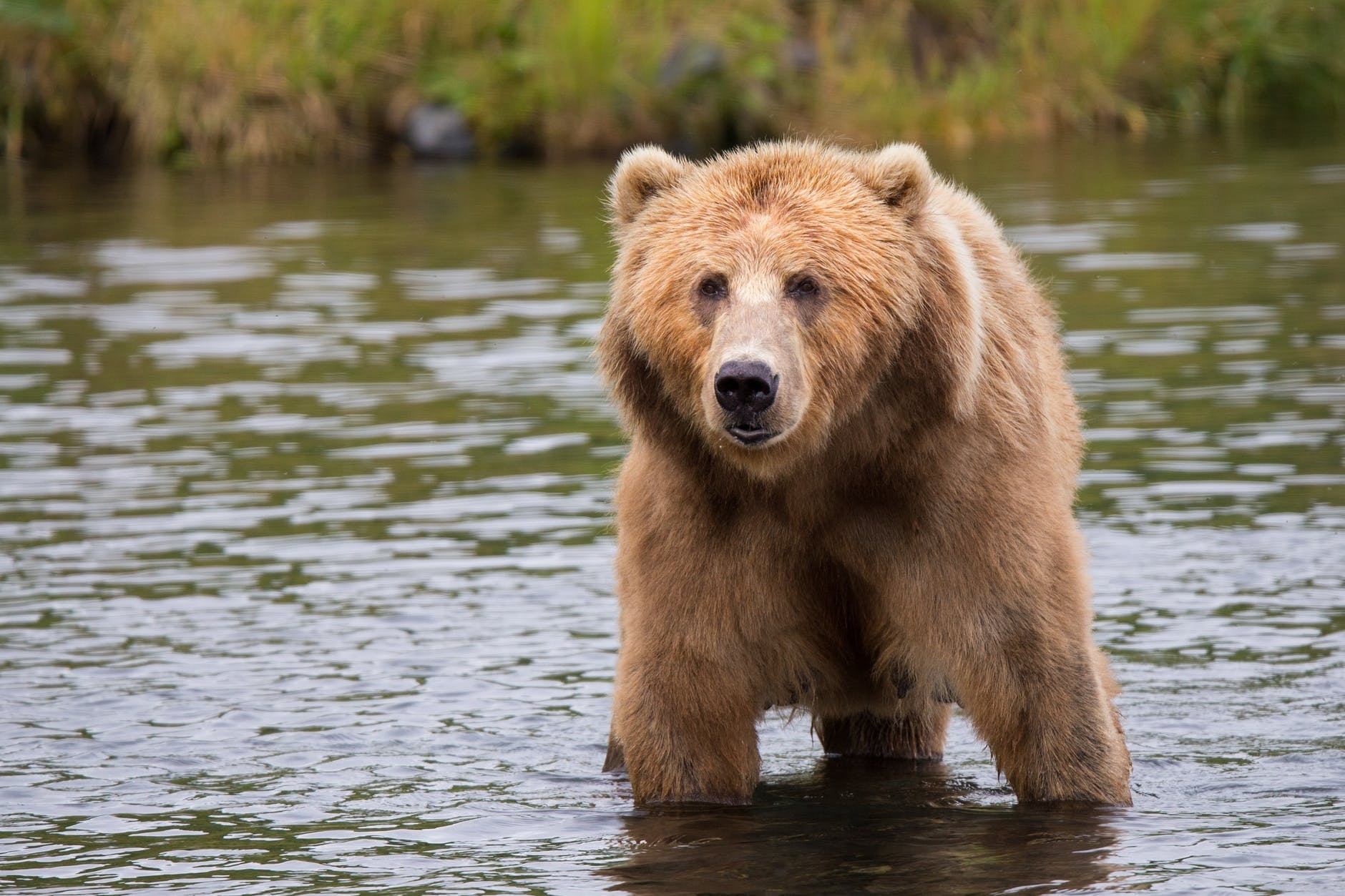
Why Do Animals Attack Humans in the Wild?
We are reader-supported. When you buy through links on our site, we may earn affiliate commission.
Animals do attack people, but those instances are rare. The question that then arises is why do animals attack humans? Well, there are a number of reasons these attacks occur. The first reason is media sensationalism. Reports are made on every animal attack, no matter how minor, and made to seem as if they happen all the time.
Why Do Animals Attack Humans?
The other reason is that we’re trying to protect and reintroduce species that were threatened or eliminated from areas. That often means we’re trying to reintroduce large carnivore populations to areas where people aren’t used to dealing with them. Animals will attack and for a variety of reasons. Knowing why can help you understand what not to do.
Human Ignorance
Much of the time when people get attacked, it’s our fault. Let’s face it, moose are cool and seeing one is something many people want to take a picture of. But there’s a big difference between taking a picture of a moose from far off and trying to get close enough to any wild animal for a selfie. Unfortunately, many of the people going out exploring don’t know that. They invade a wild animals space and get attacked as a result.
Mistaken Identity
This is the most common cause of shark attacks. The animal often thinks we’re food because we kind of look like it, and they can’t see us very well. Surfers are more likely to be attacked because the shape of a surfboard makes them look like a seal, which is the perfect meal for a variety of shark species.
The other issue is that some sharks come into shallower water than others. Bull sharks, especially, are known for preferring shallow, murky water and even venturing upstream into rivers. Occasionally, other sharks like the Great White will also take a trip inland, but none are known to do so as the bull shark does. When they attack, it’s usually because they either think we’re food, or they’re trying to see if we are.
Self-Preservation
Sometimes animals attack because they have to, or think they have to. There was a recent video that showed an opossum, North America’s only native marsupial, being beaten with a baseball bat by some students at a college. Humans have, traditionally, attacked wild animals first and taken no prisoners. This has left animals with a deep-seated fear of us, and an increased inclination to attack if they feel threatened or cornered.
Combating this particular effect is difficult. We can start by trying to change the way we think about wildlife and show more compassion toward them. Teaching people why animals are essential to our environment and how they experience pain and emotions similar to people can be a starting point to change some minds.
Confidence
Humans have effectively removed ourselves from the food chain. This is great in some ways. We don’t have to worry about being chased by wild animals on our commute to work, and we don’t usually have to go hunt down our prey for dinner after a long day crunching numbers. But in other ways, it makes us easy prey. We’re so unused to being hunted that when something does decide to have a go at us, we don’t usually put up a good fight. Various tiger attacks have shown that some animals learn to hunt humans.
We’re also large, as far as prey animals go. A 500-pound tiger can take us down with no problem, and we’ll provide a substantial meal for them. As we continue to meet up with wild animals, our sheltered lives can lead to trouble. We aren’t alert, we panic instead of fleeing or fighting, and we make for easy prey. In remote areas, being vigilant and moving in groups are our best defenses.
Expanding into New Territories
The human population is still growing. Developing nations have leveled off, and as China and India continue to develop a higher standard of living, their reproduction rates are also expected to stagnate. But there’s quite a bit of time before that happens, and those billions of new people need places to live.
As new homes are built, we can try to keep them in cities and already developed areas, but it’s not likely to happen everywhere. It’s inevitable that we will continue expanding and moving into new areas. As we do, we encounter new animals and increase chances of an attack. We have more laws in place now that protect some species, so we can’t simply kill populations because they’re in our way. We have to find new ways to deal with them, and that can mean we run a higher risk of getting attacked.
Wildlife will protect themselves, but they aren’t scary. It’s very rare that an animal learns to hunt people, and if they do, they are often killed as a result. Self-preservation and care for their own explain why do anImals attack humans. Take care and be vigilant in the wilderness. You might save more lives than just your own.
Share on
Like what you read? Join other Environment.co readers!
Get the latest updates on our planet by subscribing to the Environment.co newsletter!
About the author
Jane Marsh
Starting from an early age, Jane Marsh loved all animals and became a budding environmentalist. Now, Jane works as the Editor-in-Chief of Environment.co where she covers topics related to climate policy, renewable energy, the food industry, and more.
